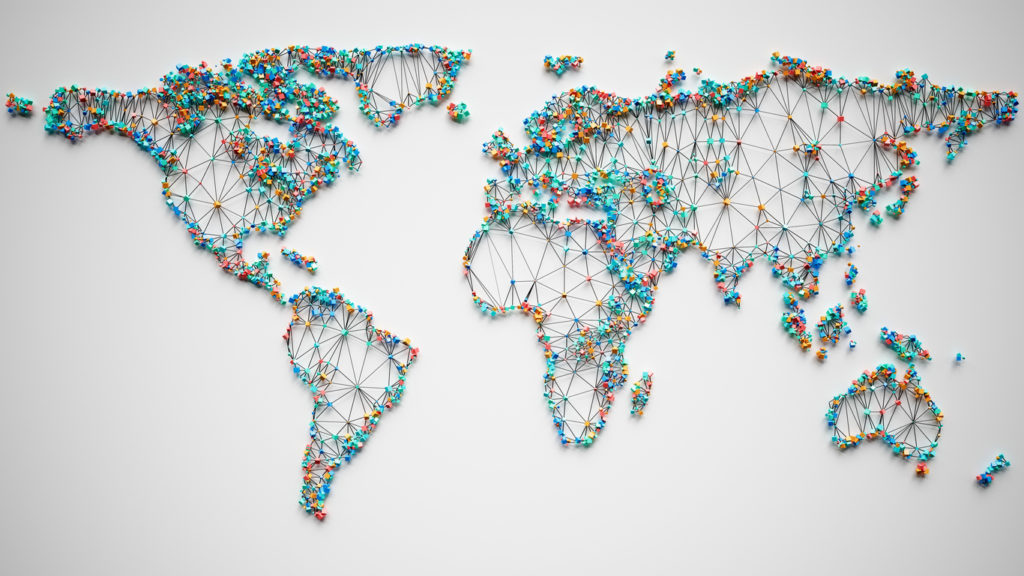
Blog
Validation Marketing: Why Your Study Should Be Your Strongest Sales Asset
When brands invest in scientific validation, they often focus on the study itself: the methodology, the metrics, the seal. But…
Introducing SleepScore
We deliver accurate data, actionable insights, personalized coaching and proven outcomes your customers need.
Sleep Insights
Last Published on 15th March 2021 by SleepScore Labs

In honor of World Sleep Month, SleepScore Labs performed a data analysis to compare various country’s total average sleep time with their World Happiness Index Score. The SleepScore team looked at data from 1,234,462 nights, from over 72,000 users in 26 countries.
SleepScore Labs looked at the World Happiness Index from 2020 which consolidates a number of factors into a single metric that represents the overall happiness of a nation.
As mood and sleep are often closely related, our theory was that those countries with the most sleep time would have higher Happiness Scores. When we’re well-rested, we’re often more relaxed, calm, and generally happier.
Our findings align with this thought and provide a new perspective on how impactful sleep might be when it comes to our happiness levels.

Luke Gahan, SleepScore’s data scientist and a member of Mattress Firm’s Sleep Advisory Board, explains the significance around an analysis of this kind.
“For this analysis, we can see clearly that users tracking sleep in countries that rank higher on the Happiness Index, and hence are considered happier people, spend more time in bed and sleep longer, as compared to users in countries that are lower ranked on the Happiness Index ranking,” he explains.
“It’s particularly exciting because while the relationship between self-reported sleep-quality and wellness has been well established in previous research, this research shows, for the first time, that there’s a tangible relationship between happiness, as quantified by the World Happiness Index, and objectively measured sleep, recorded by SleepScore sleep tracking technology,” noted Gahan.
